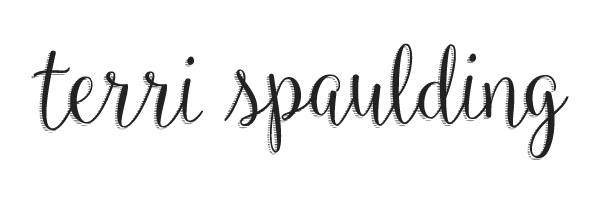
Have you ever asked for feedback only to be unhappy with the results?
I am a big believer in getting feedback when I am unsure of something. For example I might ask for help with the wording or main message of a blogpost, the effectiveness of a new personal growth exercise for one of my workshops, or the appropriateness of a dance move to a new GROOVE song. I genuinely learn from other people's opinions and wish for them to be honest with me.
Because I am a huge believer in seeing things from all perspectives, that means when I ask for your opinion, I don't want you to sugar coat it and tell me my idea is fine, if it really isn't in your opinion. Critiques are for helping me see things clearer and for improving my effectiveness. That is why I have a hard time understanding why people wouldn't want "real", honest feedback from me if they asked for my opinion.
Yet I've run across enough people who just want a "YES" man to respond when they ask for feedback. Someone to build up their self-confidence by being a cheerleader, and not really offering suggestions for improvement. While I don't mind doing this either, if I can honestly find something to praise, it would be nice to know ahead of time. I have gotten caught critiquing when a mere 'great job' is all that is needed.
One of my life lessons has been to recognize when to critique and when to praise. In other words, not everyone wants to know what I really think and questions aren't always as innocent as they seem.
I've come to realize that sometimes people ask either because they think they are supposed to, or because in doing so they think I will then be on board with the idea and in a sense, with them.
I have always liked making people think, pointing out a different perspective or a missing link, and when someone isn't ready for that kind of information it can lead to hurt feelings. I sense (too late) that they didn't ask with the intention of really listening to me or fully considering my opinion. By the time I realize it, they are unhappy that I found fault with something they were already content with.
I'm not saying if you ask me my opinion you have to do what I suggest, or make any changes based solely on my point of view, but if you ask my opinion--you should at least be ready to listen to my answer.
Here are a few things to keep in mind before giving your full opinion.
Know your audience to determine if they are a beginner or an expert. Knowing this may help you decide how much information to give them and whether you concentrate on praising the parts they are doing correctly, or point out what could be improved.
Don't give out a blanket criticism with no examples to back it up. To be useful criticism needs to be constructive, helpful, and reveal an additional perspective or possibility. It should not be mean, vague or solely based on your preferences.
Don't expect them to follow your advice every time. You can give the most helpful critique and the person receiving it may still not follow your direction. That is okay, if you feel that your opinion was respectfully heard, considered and appreciated.
Give it to them straight and don't sugar coat to spare someone's feelings. It is likely they will see through your "fake" ness and this will send them into a tailspin thinking everything needs tweaking, when it may be only a small part.
For me personally, positive feedback and accolades are always welcome if they are spoken from your truth. If you believe in my idea, or like what you hear, please say so. On the flip side, constructive criticism is also just as welcome and helpful to me. I saw this quote in a blog article and had to share, it hits the nail on the head for me:
Given these two different functions, positive and negative feedback should be more effective (and more motivating) for different people at different times. For instance, when you don't really know what you are doing, positive feedback helps you to stay optimistic and feel more at ease with the challenges you are facing — something novices tend to need. But when you are an expert, and you already more or less know what you are doing, it's negative feedback that can help you do what it takes to get to the top of your game. A well balanced person in search of passion has parts of their life they are "experts" at, and if they are doing it right, has things that push them out of their comfort zone into new territory. So while they aren't a novice at life, they can be a beginner at something.....a good analysis of the person you are giving feedback to is the first thing you should consider. That and check your meanness at the door.
Excerpted from : http://blogs.hbr.org/cs/2013/01/sometimes_negative_feedback_is.html

